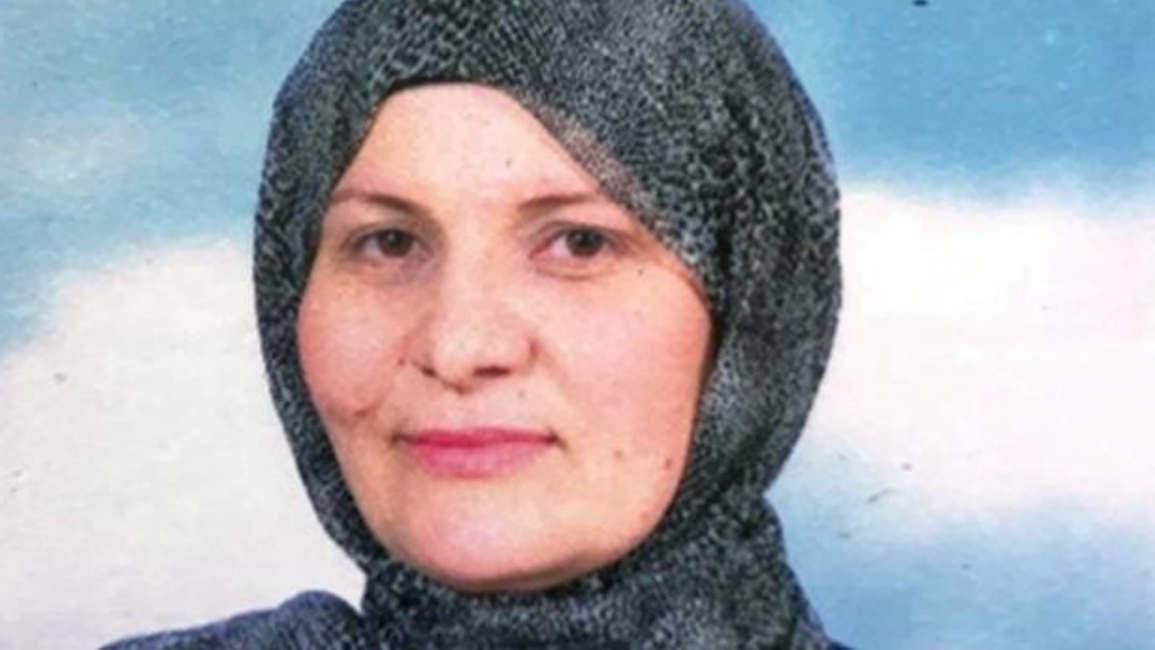
Israel's hijabi judge: Band aid for a gaping wound?
News outlets are abuzz with stories celebrating the appointment of Hana Mansour-Khatib, Israel’s first hijabi judge.
The appointment was made by a selection committee headed by Israel’s Justice Minister Ayelet Shaked a member of Israel’s far right party Jewish Home.
Shaked, who described Palestinian children as ‘little snakes’ in 2015, declared that Khatib’s selection is “great news for Arab women and Arab society”.
Khatib was appointed to Israel’s Sharia Court, a peripheral institution dealing with issues of personal status laws, mainly marriage and divorce, of Muslim Israelis.
Muslim Israelis make up 16 percent of Israel’s population and 82 percent of Arab Israelis, also referred to as Palestinian citizens of Israel in reference to their Palestinian heritage pre-1948.
Shaked’s celebration of Khatib’s appointment comes as one of the latest forms of Israeli whitewashing of prevalent racism against Arabs.
| Read also: UK refuses to apologise for Balfour Declaration |
Arab Israelis face institutional discrimination and racism in both public and private sectors.
While the Israeli government denies this, numerous reports by governmental and non-governmental organisations document issues of segregation in education and housing as well as rampant institutional discrimination at legal, societal and media levels.
Away from accusations of terrorism and debates about the nature of occupation and what is deemed legitimate means of resistance, the plight of Israel’s Arab citizens and the racial discrimination they continuously face offers a glimpse into the true nature of the racist undertones the Israeli state harbours against Arabs.
In a world mauled by its fear of terrorism, Israeli rhetoric against occupied Palestinians could be accepted.
Yet the world turns a comfortable blind eye to the citizens of the Middle East’s only democracy – those whose Arab race prevents them from attending the same schools as their Jewish countrymen, those who are ridiculed for their culture on local television screens and those whose parliament debates discriminatory laws against them.
A poll taken by Israeli civil rights association revealed that 50 percent of respondents would not associate or interact with Arabs in any way. The same study cites that two thirds of Israeli teenagers believe that Arabs are less intelligent, uncultured and violent.
Another report released by Knesset watchdog Mossawa Center declared that the 2009 legislative session saw a 75 percent increase in bills that directly and indirectly discriminate against Arab citizens of Israel.
In March, UN Under-Secretary General Rima Khalaf resigned in protest against pressure to withdraw a report by the ESCWA which described Israel’s governance of Palestinians as an “apartheid regime”.
The debate on the nature of the regime Israel imposes on the occupied territories and Gaza is legitimized by Israel’s continuous assertions of its right to defend itself.
Yet, there are still those who will view Hana Mansour-Khatib's token appointment as a cause for celebration, while its nothing more than a thin cloak of legitimacy hiding institutional discrimination of the Israeli states and its Jewish people against their fellow Arab citizens.
Gehad Quisay is a history and politics researcher, who graduated from SOAS and Georgetown University. She has also worked as a researcher at a London based think-tank focusing on post-Arab Spring nation building.
Opinions expressed in this article remain those of the author, and do not necessarily represent those of The New Arab, its editorial board or staff.
What are your thoughts on the topic? Join the conversation by tweeting us @The_NewArab




